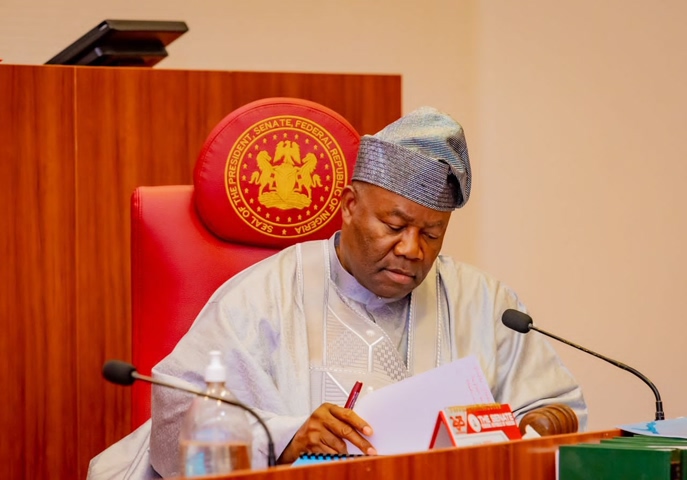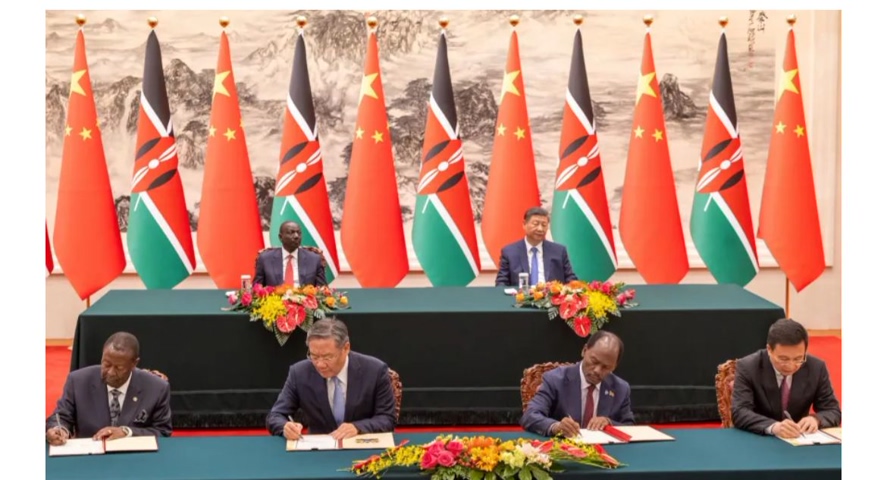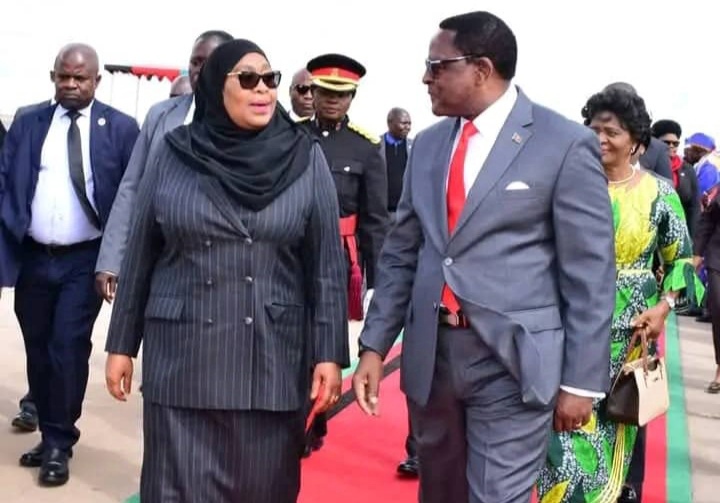South Sudan – Machar protests passing of NSS bill, calls for reversal
By Mamer Abraham, Juba, South Sudan
The first vice president of the republic of South Sudan, Dr. Riek Machar Teny has called on the transitional national legislative assembly of South Sudan, to reverse the popular vote that endorsed the passing of National Security Service Act 2014, amendment bill 2024.
In a press statement, Machar said the decision came following the meeting of the Sudan People’s Liberation Movement In Opposition (SPLM-IO) political bureau on July 6th 2024.
As a way forward, the SPLM-IO called on TNLA to retake the vote using R-ARCSS Article 1.14.9.
According to the article, “decisions in the reconstituted TNLA on matters pertaining to the agreement, shall be by consensus, and failure to that, shall be by two-thirds majority of all the members,’ a statement from Dr. Machar’s office reads.
Machar, who is a principal to the revitalized agreement on the resolution of conflict in South Sudan (R-ARCSS), said the parliament based the vote on a different article other than the article they should have used.
“The vote was wrongly based on R-ARCSS Article 1.4.10 ‘decisions of the TNLA on other matters not related to this agreement shall be by consensus and in lieu of that by simple majority,”’ he added.
He further urged president of South Sudan Sal a Kiir Mayardit not to assent to the bill.
“Therefore, we call upon His Excellency, the President of the Republic of South Sudan, to uphold the decision of the principals, council of ministers resolutions, legal advice of the Minister of Justice and Constitutional Affairs on the deletion of sections 54 and 55 of the Act, and not to assent to the controversial National Security Service Bill,” he added.
Articles 54 and 55 of the National Security Service Act 2014, amendment bill 2024 empower National Security Service to arrest or detain suspects without a warrant of arrest.
Last week, 274 lawmakers out of 391 members endorsed the bill, 144 voted out the aforementioned articles, while three members were neutral, leaving the bill to sail to the state house for the presidential assent.
While members of public, civil society, human rights organizations and journalists protested the decision, President Kiir has 30 days from the date the bill was passed to sign it into a law.
categories
recent posts

NIGERIA: ‘Coming Political Battle Not APC Versus PDP, Or LP Versus APC’ – Atiku

Praises And Panic: APC Sees PDP Chairman’s Endorsement Of Gov Mutfwang As Cry For Relevance

NIGERIA: Akpabio Leads Nigerian Delegation To Vatican For Pope Francis’ Funeral

Kenya Secures Major Economic And Infrastructure Deals During Ruto’s State Visit To China

